在 ASP.NET 2.0中,加入了许多新的功能和控件,相比 asp.net 1.0/1.1,在各方面都有了很大的提高。其中,在数据控件方面,增加了不少控件,其中的 Gridview 控件功能十分强大。在本文中,将探讨 Gridview 控件中的一些功能特性和用法,如果各位读者对 Gridview 控件不大了解,可以通过《使用 ASP.NET 2.0中的 Gridview 控件》一文,来对 Gridview 控件有个初步的认识。
1、使用 Gridview 插入新记录
在 Gridview 控件中,可以实现插入新记录的操作(见《使用 ASP.NET 2.0中的 Gridview 控件》)一文,但如果想实现在 Gridview 中,实现在 Gridview 控件的最后一行,提供一个空白行给用户输入要输入的记录,那无疑是很方便的。下面将介绍其实现方法。
首先,我们打算在让用户进行选择,当用户需要新增一记录时,便点击新增按钮,之后在 Gridview 的最后一行里,显示一个空白行,让用户按字段进行输入,如下图所示:
当用户决定不输入新空白记录时,可以按"cancel"按钮返回,该空白行消失。要实现这样的效果,我们可以充分利用 Gridview 的 footer 的模版功能进行自定义,因为有3列,所以,在每一列的 footer 模版中,定义如下:
<asp:Gridview ID="Gridview1" Runat="server" DataSourceID="SqlDataSource1" DataKeyNames="CustomerID" AutoGenerateColumns="False" ShowFooter="True">
<Columns>
<asp:TemplateField>
<ItemTemplate>
<asp:Label ID="CustomerIDLabel" Runat="Server"><%# Eval("CustomerID") %></asp:Label>
</ItemTemplate>
<FooterTemplate>
<asp:TextBox ID="CustomerIDTextBox" Runat="server"></asp:TextBox>
</FooterTemplate>
</asp:TemplateField>
<asp:TemplateField>
<ItemTemplate>
<asp:Label ID="CompanyNameLabel" Runat="Server"><%# Eval("CompanyName") %></asp:Label>
</ItemTemplate>
<FooterTemplate>
<asp:TextBox ID="CompanyNameTextBox" Runat="server"></asp:TextBox>
</FooterTemplate>
</asp:TemplateField>
<asp:TemplateField>
<FooterTemplate>
<asp:DropDownList ID="ContactTitleDropDownList" Runat="server" DataSourceID="SqlDataSource2" DataTextField="ContactTitle" DataValueField="ContactTitle">
</asp:DropDownList>
<asp:SqlDataSource ID="SqlDataSource2" Runat="server" SelectCommand="SELECT DISTINCT [ContactTitle] FROM [Customers]"
ConnectionString="server=localhost;uid=sa;password=xxx;database=northwind">
</asp:SqlDataSource>
<asp:Button ID="Button1" Runat="server" Text="Add" OnClick="Button1_Click" />
<asp:Button ID="CancelButton1" Runat="server" Text="Cancel" OnClick="CancelButton1_Click" />
</FooterTemplate>
<ItemTemplate>
<asp:DropDownList ID="ContactTitleDropDown" SelectedValue=’<%# Bind("ContactTitle") %>’ Runat="Server" DataSourceID="SqlDataSource3" DataTextField="ContactTitle" DataValueField="ContactTitle" ></asp:DropDownList>
<asp:SqlDataSource ID="SqlDataSource3" Runat="server" SelectCommand="SELECT DISTINCT [ContactTitle] FROM [Customers]"
ConnectionString="server=localhost;uid=sa;password=xxxx;database=northwind" EnableCaching="True">
</asp:SqlDataSource>
</ItemTemplate>
</asp:TemplateField>
</Columns>
</asp:Gridview>
以上为 Gridview 的代码,可以看到,在第一,二列的<foottemplate>列中,分别提供了 customerid 和 companyname 两个文本框以供用户输入,在第三列的<footertemplate>列中,以 dropdownlistbox 的形式来显示 contracttitle.。其中,请注意第三列的 footertemplate 中的 add 和 cancel 两个按钮的,它们的事件代码如下
<script runat="server">
void CancelButton1_Click(object sender, EventArgs e)
{
Gridview1.ShowFooter = false;
}
void AddButton1_Click(object sender, EventArgs e)
{
Gridview1.ShowFooter = true;
}
//点 add 按钮时,将新增的记录更新到数据库中去
void Button1_Click(object sender, EventArgs e)
{
TextBox customerID = Gridview1.FooterRow.FindControl("CustomerIDTextBox") as TextBox;
TextBox companyName = Gridview1.FooterRow.FindControl("CompanyNameTextBox") as TextBox;
DropDownList ContactTitle = Gridview1.FooterRow.FindControl("ContactTitleDropDownList") as DropDownList;
SqlDataSource1.InsertParameters["CustomerID"].DefaultValue = customerID.Text;
SqlDataSource1.InsertParameters["CompanyName"].DefaultValue = companyName.Text;
SqlDataSource1.InsertParameters["ContactTitle"].DefaultValue=ContactTitle.SelectedValue;
SqlDataSource1.Insert();
}
</script>
其中的 cancel 按钮的事件,用来取消显示 Gridview 的 footer 模版,因此设置 showfooter 属性为 false,而 addbutton1 按钮,是当用户决定新增记录时点选的,此时将设置 showfooter 属性为 true,以显示各列的 foottemplate,从而达到显示新的一个空白行的目的。
而在更新代码 button1_click 事件中,将首先使用 Gridview1.footerrow.findcontrol 的方法,将用户新增的各字段的值提取出来,然后分别赋值给 sqldatasource 的 insertparameters 集合(注意要一一对应),最后使用 sqldatasource 的 insert 方法,就可以成功向数据库增加一条新记录了。
另外,为了在窗体加载时,显示数据库 northwind 中 customers 表的数据,需要设置 sqldatsource1 的属性,如下代码:
<asp:SqlDataSource ID="SqlDataSource1" Runat="server"
InsertCommand="INSERT INTO [Customers] ([CustomerID], [CompanyName], [ContactTitle]) VALUES (@CustomerID, @CompanyName, @ContactTitle)"
SelectCommand="SELECT top 5 [CustomerID], [CompanyName], [ContactTitle] FROM [Customers]"
ConnectionString="server=localhost;uid=sa;password=XXXXX;database=northwind">
<InsertParameters>
<asp:Parameter Type="String" Name="CustomerID"></asp:Parameter>
<asp:Parameter Type="String" Name="CompanyName"></asp:Parameter>
<asp:Parameter Type="String" Name="ContactTitle"></asp:Parameter>
</InsertParameters>
</asp:SqlDataSource>
其中,必须设置 insertcommand 和 selectcommand 属性,设置数据提取和插入的语句,并且要设置好 insertparameters 集合中,各字段的类型和名称即可。
2、一次性更新所有的 Gridview 记录
我们经常会遇到这样的情况,在 Gridview 中列出的所有记录中,有时要同时修改多条记录,并且将其保存到数据库中去。那么在 Gridview 中应该如何实现呢?在 Gridview 中,有两种实现的方法,下面分别进行介绍:
先来看下第一种方法,本方法是使用 sqldatasource 来更新所有记录,但这个方法比较慢,因为每更新一条记录都要建立数据连接并执行 updatecommand,会影响性能。其主要代码如下:
<script runat="server">
void Button1_Click(object sender, EventArgs e)
{
for (int i = 0; i < Gridview1.Rows.Count; i++)
{
GridviewRow row = Gridview1.Rows[i];
SqlDataSource1.UpdateParameters[0].DefaultValue = ((TextBox)row.Cells[0].FindControl("TextBox2")).Text;
SqlDataSource1.UpdateParameters[1].DefaultValue = ((TextBox)row.Cells[1].FindControl("TextBox3")).Text;
SqlDataSource1.UpdateParameters[2].DefaultValue = Gridview1.DataKeys[i].Value.ToString();
SqlDataSource1.Update();
}
}
</script>
<html xmlns="http://www.w3.org/1999/xhtml" >
<head id="Head1" runat="server">
<title>Untitled Page</title>
</head>
<body>
<form id="form1" runat="server">
<div>
<asp:Gridview ID="Gridview1" Runat="server" DataSourceID="SqlDataSource1" DataKeyNames="CustomerID" AutoGenerateColumns="False">
<Columns>
<asp:TemplateField SortExpression="CustomerID" HeaderText="CustomerID">
<ItemTemplate>
<asp:TextBox Runat="server" Text=’<%# Bind("CustomerID") %>’ ID="TextBox1"></asp:TextBox>
</ItemTemplate>
</asp:TemplateField>
<asp:TemplateField SortExpression="CompanyName" HeaderText="CompanyName">
<ItemTemplate>
<asp:TextBox Runat="server" Text=’<%# Bind("CompanyName") %>’ ID="TextBox2"></asp:TextBox>
</ItemTemplate>
</asp:TemplateField>
<asp:TemplateField SortExpression="ContactName" HeaderText="ContactTitle">
<ItemTemplate>
<asp:TextBox Runat="server" Text=’<%# Bind("ContactTitle") %>’ ID="TextBox3"></asp:TextBox>
</ItemTemplate>
</asp:TemplateField>
</Columns>
</asp:Gridview>
<asp:SqlDataSource ID="SqlDataSource1" Runat="server"
SelectCommand="SELECT [CustomerID], [CompanyName], [ContactName], [ContactTitle] FROM [Customers]"
UpdateCommand="UPDATE [Customers] SET [CompanyName] = @CompanyName, [ContactTitle] = @ContactTitle WHERE [CustomerID] = @CustomerID"
ConnectionString="server=localhost;uid=sa;password=xxxx;database=northwind">
<UpdateParameters>
<asp:Parameter Type="String" Name="CompanyName"></asp:Parameter>
<asp:Parameter Type="String" Name="ContactTitle"></asp:Parameter>
<asp:Parameter Type="String" Name="CustomerID"></asp:Parameter>
</UpdateParameters>
</asp:SqlDataSource>
<asp:Button ID="Button1" Runat="server" Text="Button" OnClick="Button1_Click" />
</div>
</form>
</body>
</html>
在上面的代码中,我们必须首先指定 updateparameters 参数集合,也就是指出要更新的是哪些字段,它们的类型是什么。之后并指出 sqldatasource 的 updatecommand 语句。而在更新按钮 button1 的 CLICK 事件中,将以遍历的形式,使用 for 循环,对 Gridview 中的每一行进行检查,将每个更新了的文本框的内容放到 sqldatasouce 的 updateparameters 参数中去,最后调用 sqldatasource 的 update 方法,完成更新。
方法2使用的是首先遍历 Gridview 中的每一行,并且使用 SQL 语句,将要更新的内容连接起来,然后最后才使用 command.ExecuteNonQuery()进行更新,效率高了,主要代码如下:
protected void Page_Load(object sender, EventArgs e)
{
if (!Page.IsPostBack)
{
SqlConnection con = new SqlConnection(ConfigurationManager.ConnectionStrings["AppConnectionString1"].ConnectionString);
SqlCommand command = new SqlCommand("SELECT [CustomerID], [CompanyName], [ContactName], [ContactTitle] FROM [Customers]", con);
con.Open();
Gridview1.DataSource = command.ExecuteReader();
Gridview1.DataBind();
con.Close();
}
}
protected void Button1_Click(object sender, EventArgs e)
{
StringBuilder query = new StringBuilder();
for (int i = 0; i < Gridview1.Rows.Count; i++)
{
GridviewRow row = Gridview1.Rows[i];
string value1 = ((TextBox)row.Cells[0].FindControl("TextBox2")).Text.Replace("’", "’’");
string value2 = ((TextBox)row.Cells[1].FindControl("TextBox3")).Text.Replace("’", "’’");
string value3 = Gridview1.DataKeys[i].Value.ToString();
query.Append("UPDATE [Customers] SET [CompanyName] = ’").Append(value1).Append("’ , [ContactTitle] = ’")
.Append(value2).Append("’ WHERE [CustomerID] = ’").Append(value3).Append("’;\n");
}
SqlConnection con = new SqlConnection(ConfigurationManager.ConnectionStrings["AppConnectionString1"].ConnectionString);
SqlCommand command = new SqlCommand(query.ToString(), con);
con.Open();
command.ExecuteNonQuery();
con.Close();
}
}
其中要特别注意一点的是,在 vs.net 2005 beta 2 开始,如果你在 web.config 中使用了数据库连接字符串的配置,那么应该按如下的方法去写:
<connectionStrings>
<add name="NorthwindConnectionString" connectionString="Data Source=LIAO;Initial Catalog=Northwind;User ID=sa;Password=xxxx" providerName="System.Data.SqlClient"/>
</connectionStrings>
然后在程序中如下进行读取:
SqlConnection con = new SqlConnection(ConfigurationManager.ConnectionStrings["AppConnectionString1"].ConnectionString);
标签:
本站文章除注明转载外,均为本站原创或翻译。欢迎任何形式的转载,但请务必注明出处、不得修改原文相关链接,如果存在内容上的异议请邮件反馈至chenjj@evget.com
文章转载自:csdn

 首页
首页 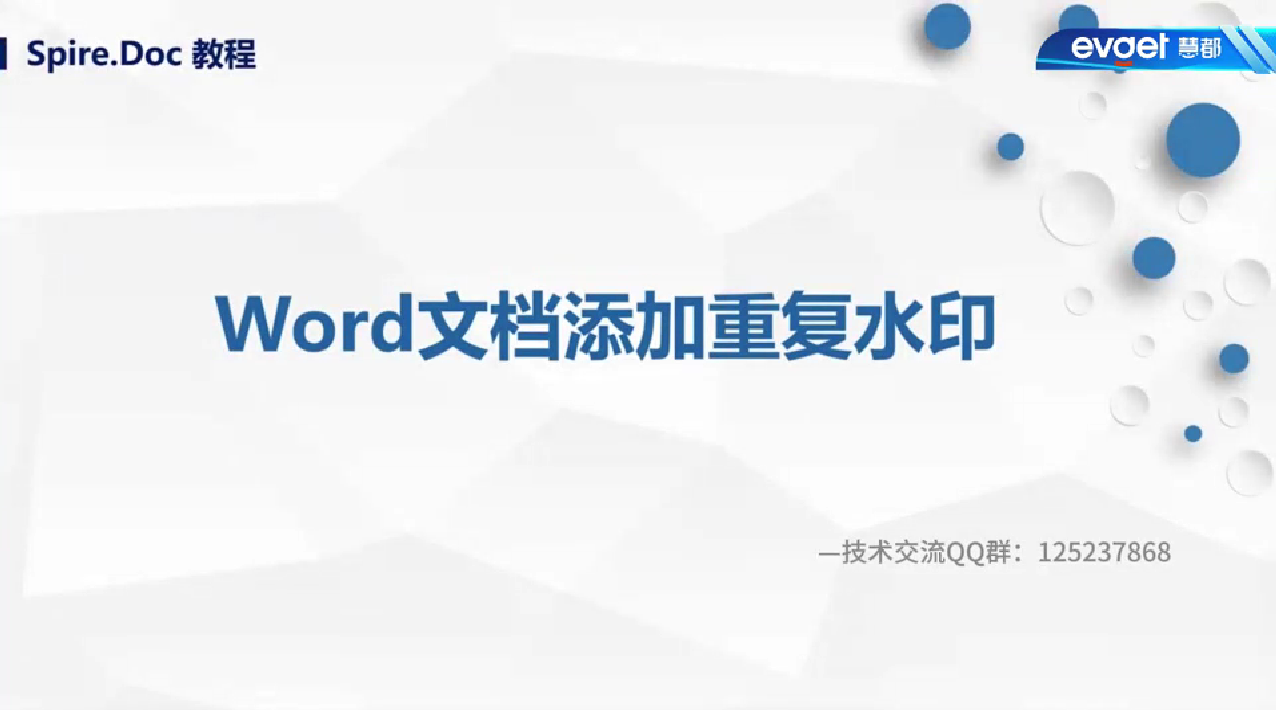
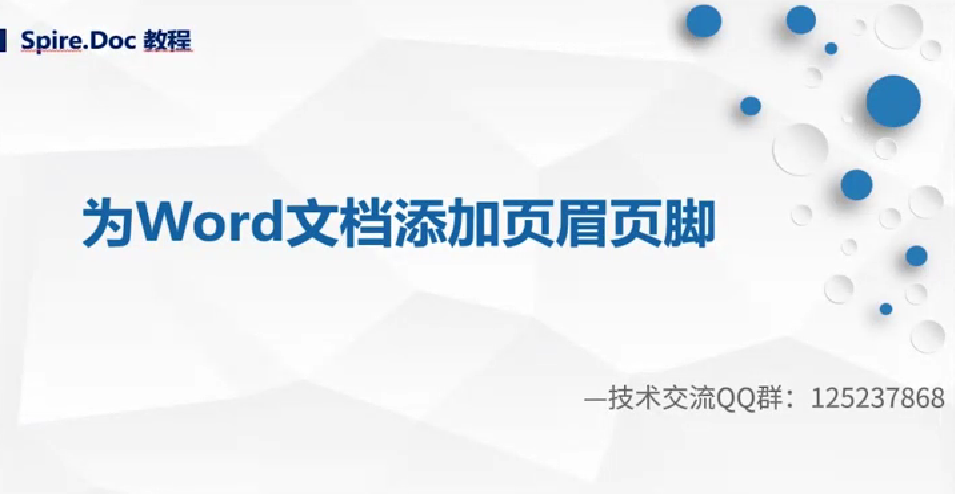
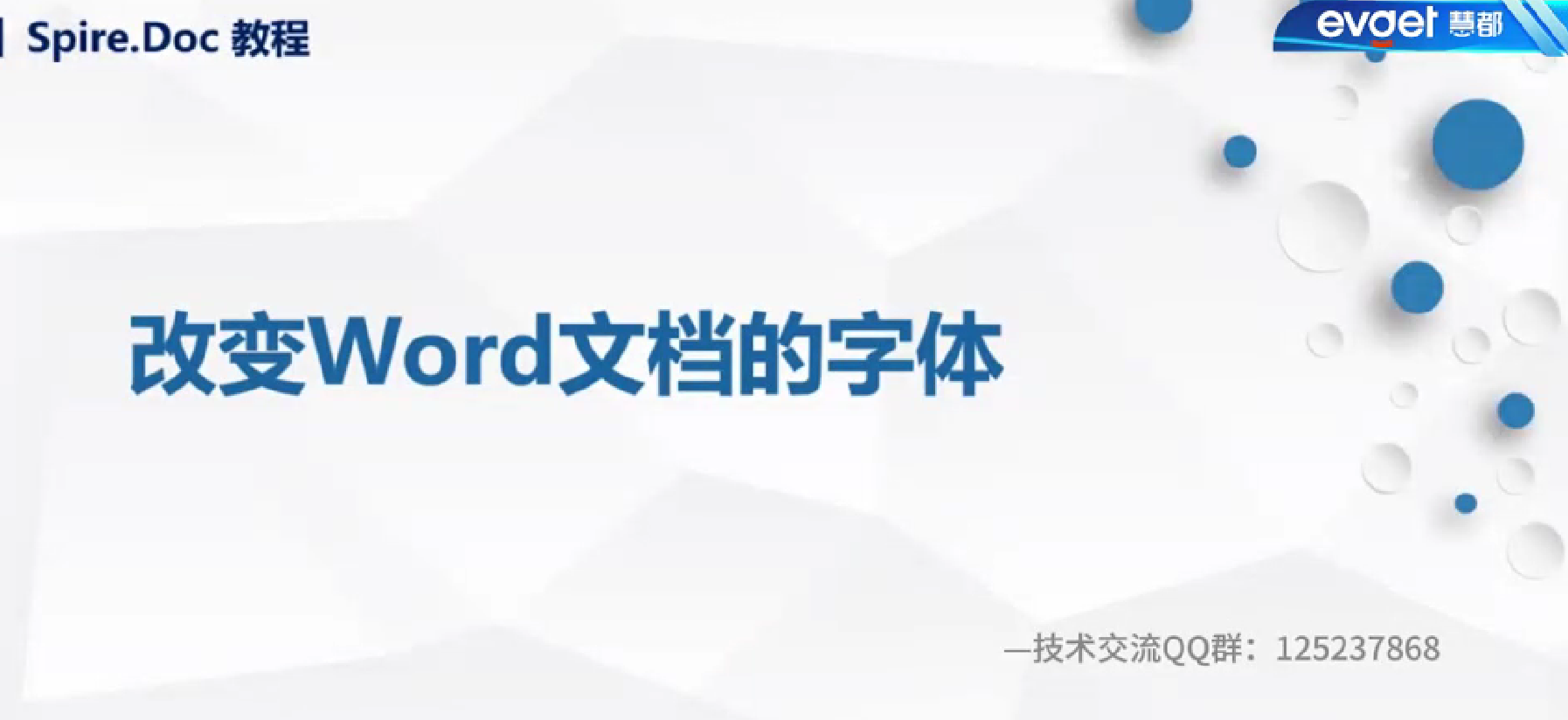
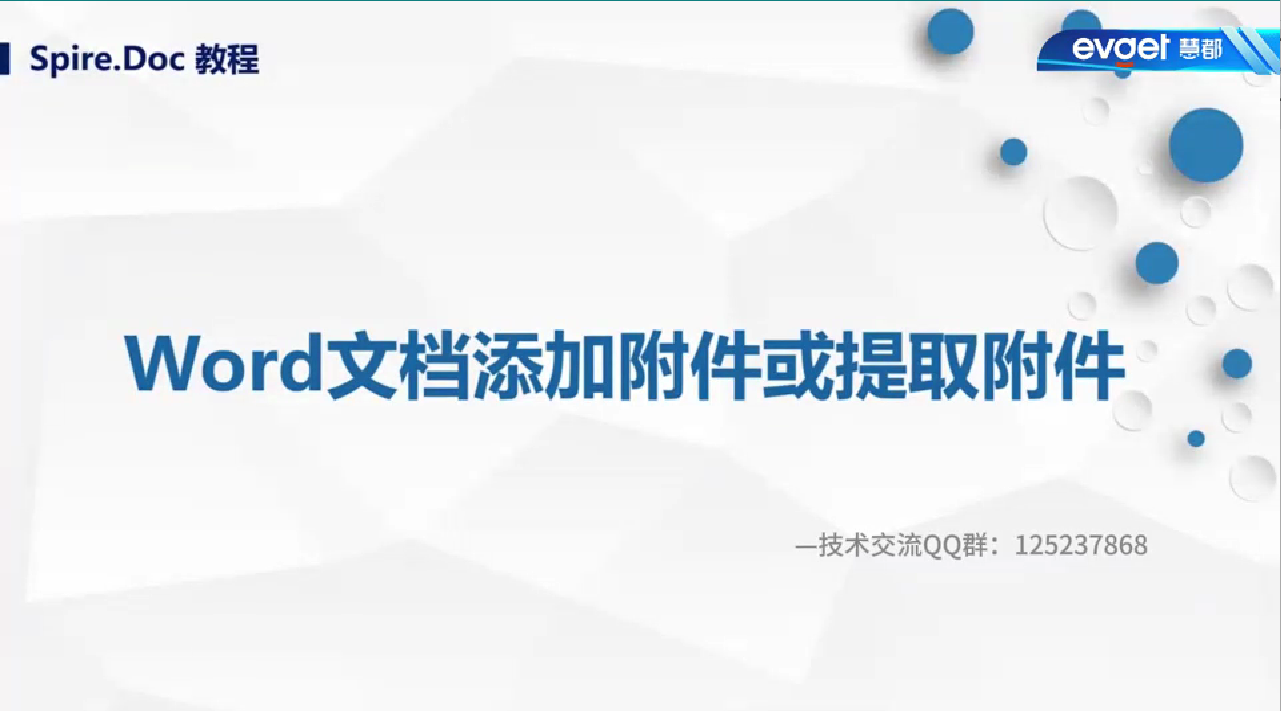
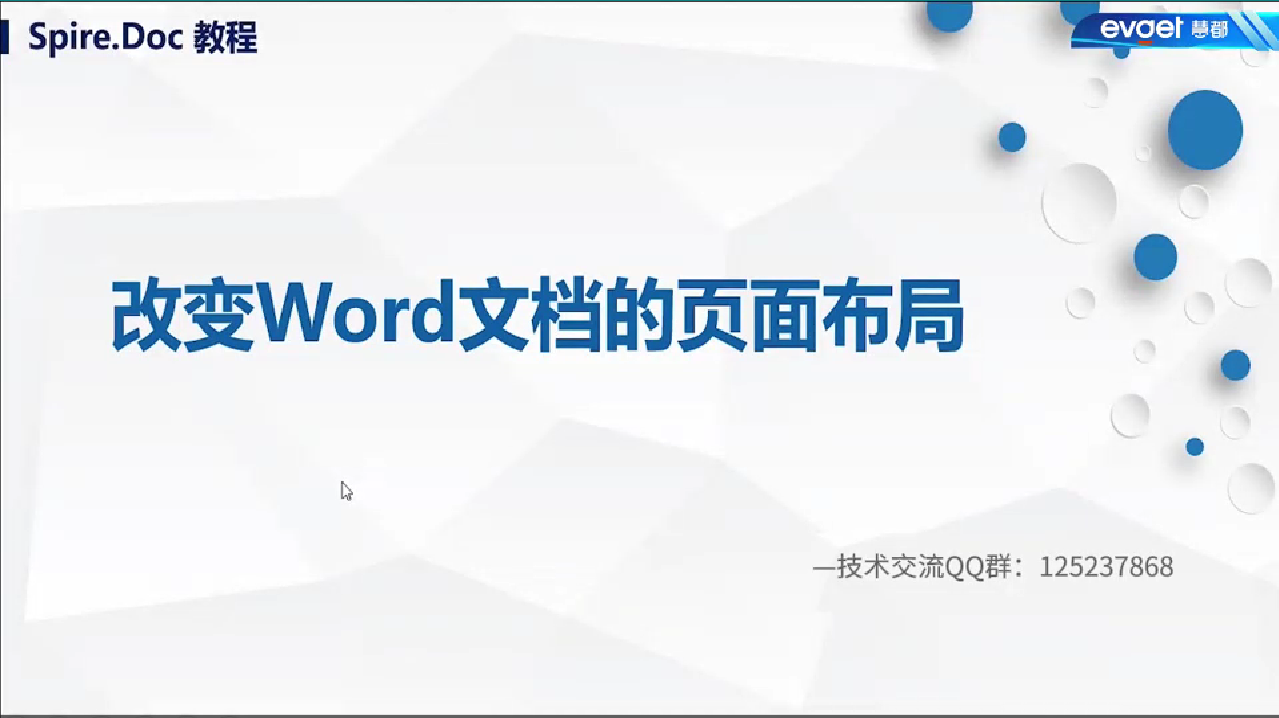
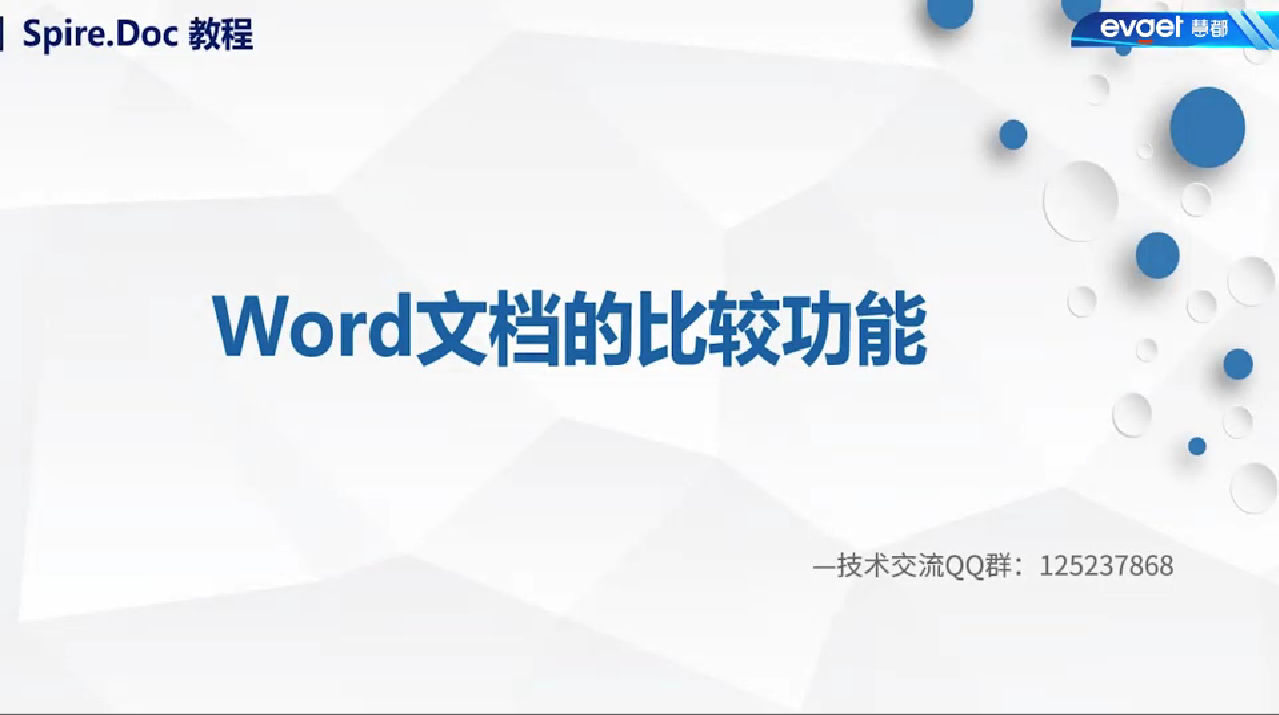




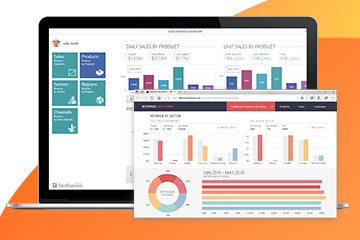
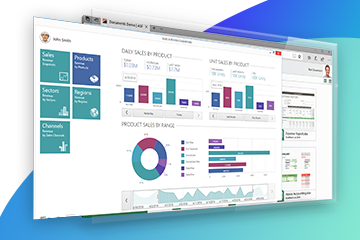
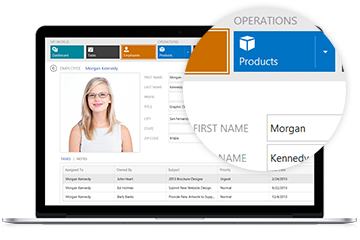

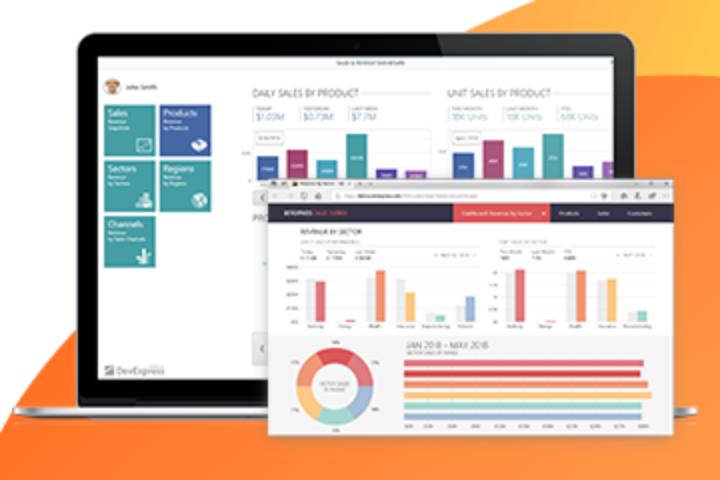

 72次
72次
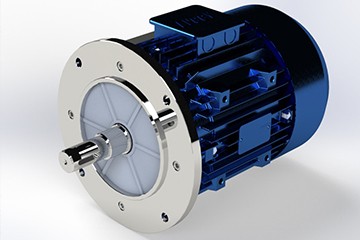
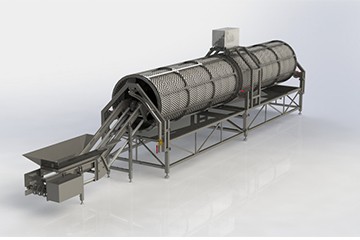
 相关文章
相关文章 

 在线咨询
在线咨询




 渝公网安备
50010702500608号
渝公网安备
50010702500608号

 客服热线
客服热线